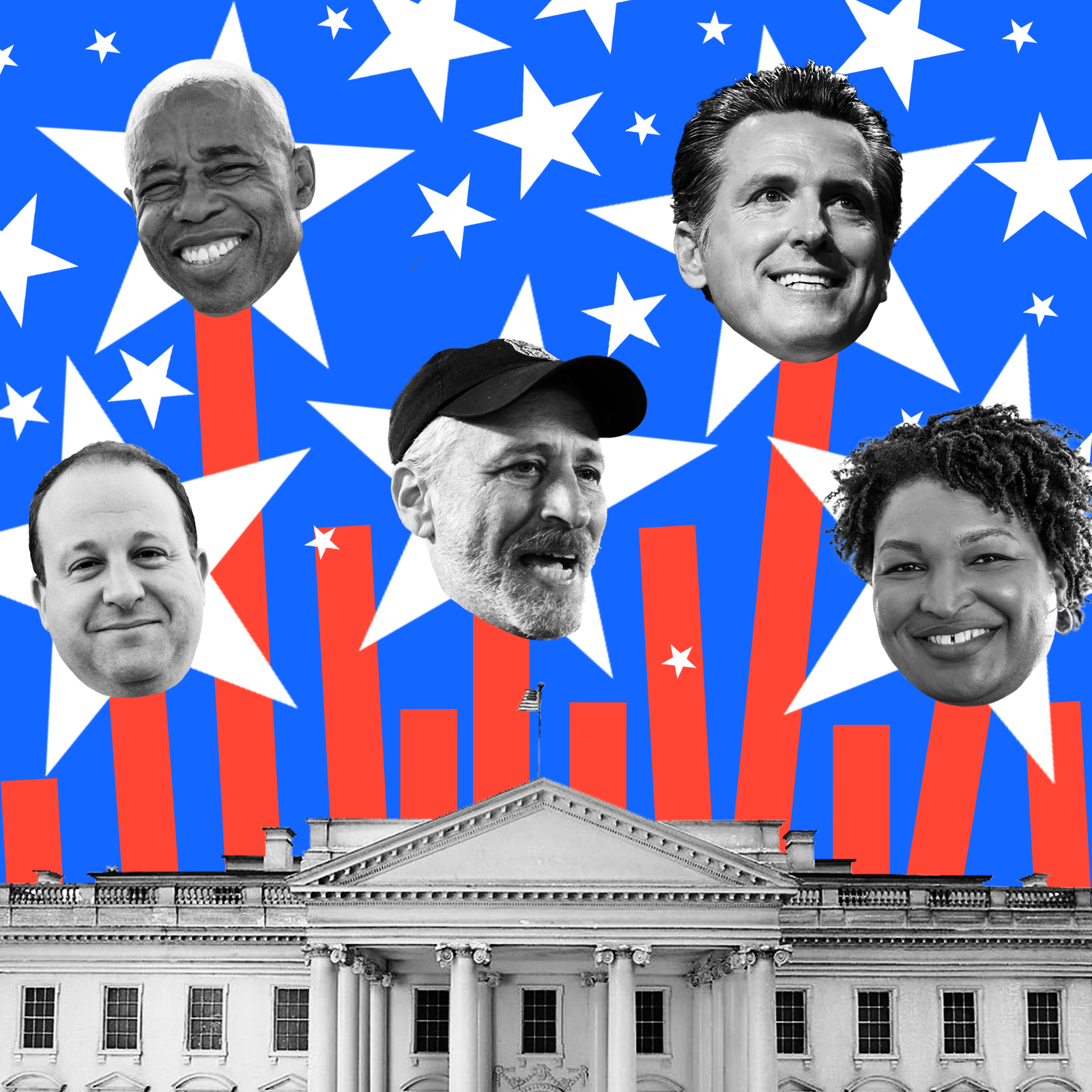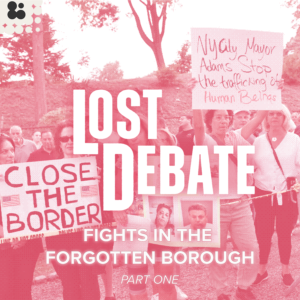This article originally appeared on our substack
President Biden is facing a historic level of doubt from his own party, principally driven by concerns about his age. He’s already the oldest president in American history, and if he’s reelected, he would end his second term at age 86––nine years older than Reagan was at the end of his second term.
Although voters and the news media are obsessed with Biden’s future plans, the Democratic establishment has largely stayed on message so far, tacitly supporting another run for Biden. No major candidate has stepped up to say they plan to run against him, and party luminaries are cautioning activists to stop fixating on the 2024 ticket. “Intense focus on 2024 only serves as a distraction from the very important work we need to do in 2022,” wrote former Obama Senior Advisor Dan Pfeiffer. I spoke to one veteran operative earlier this week who said a high-ranking DNC official yelled at him and hung up the phone at the very mention of replacing Biden.
My prediction: The 2022 results will be so bad for Democrats that a trickle of prominent candidates will begin to flirt with challenging Biden within weeks of the midterms. That trickle will turn into a roaring geyser in early 2023, when even the most careful of potential candidates see the opportunity before them. Faced with the prospect of becoming the first sitting president in modern history to go down in a primary, Biden will bow out of the 2024 race.
Of course, Biden could get ahead of the inevitable and announce before the midterm elections that he doesn’t intend to run again. He might decide that acknowledging the obvious could help bring back voters disappointed with his performance so far.
Either way, it’s extremely likely that the top of the Democratic ticket in 2024 will be someone other than Biden. But who will it be instead?
Below, I share a power ranking of the most formidable prospects, starting with Nos. 10 through 5. Next week, I’ll share my top five, including a top pick that might surprise you. Just to be clear: this isn’t a ranking of my favorite candidates, but rather my take on who’s most likely to prevail in a Biden-less primary.
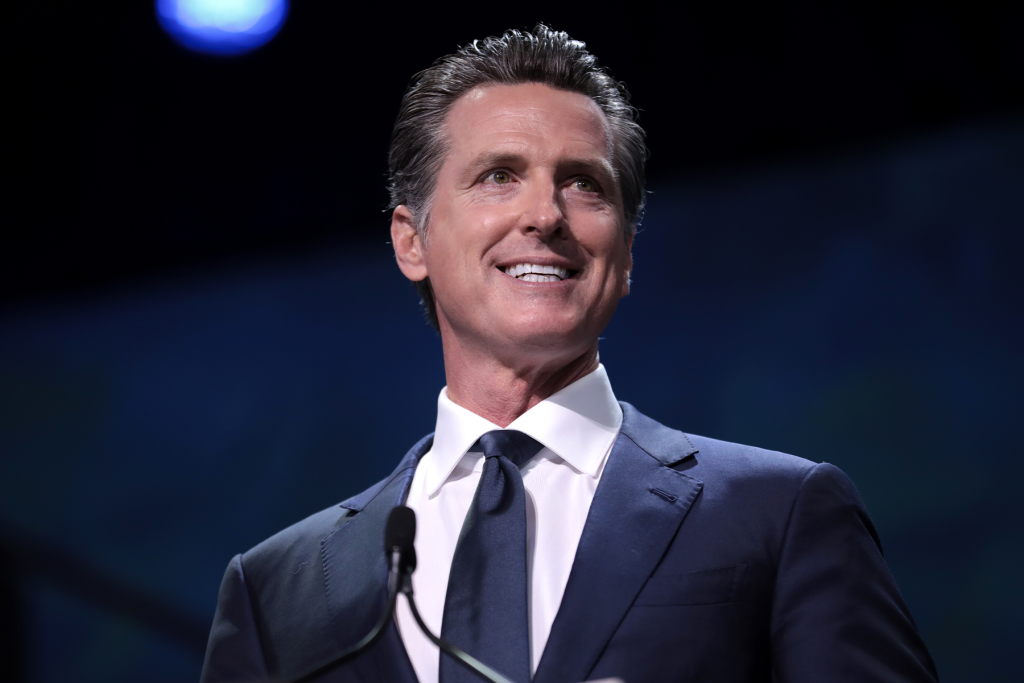
10. Gavin Newsom
Not long ago, the Golden State’s governor topped many political observers’ lists of rising national talents. His star has since faded with enduring perceptions of hypocrisy and incompetence on matters including COVID closures, increased crime, and intractable homelessness. Although he survived a runoff election and seems poised to prevail in his bid for reelection, he faces long odds in his quest to resurrect his national image. Over the July 4th weekend, he raised eyebrows by running ads in Florida calling out Gov. Ron DeSantis and inviting people to relocate to California. He doesn’t lack for chutzpah, ambition, or fundraising prowess (all reasons why he ranks at all), but he may find it hard to carve out a piece of the base. He has no decipherable lane. He’s not the most competent of the conceivable candidates, nor the most progressive, moderate, or inspiring. If he has a unique story to tell, I haven’t heard it yet.
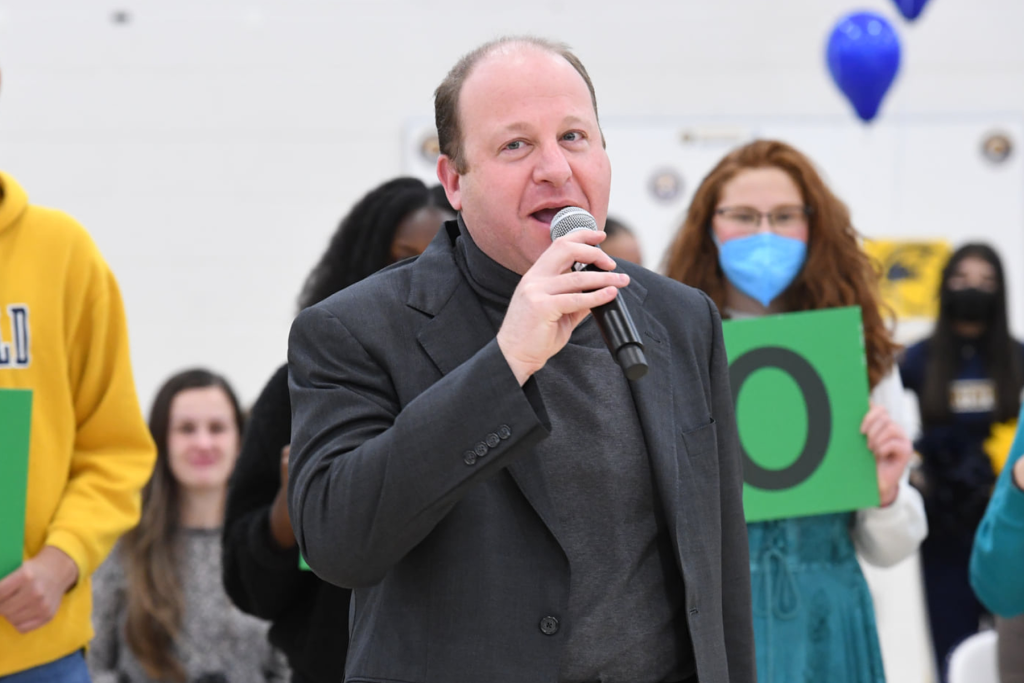
9. Jared Polis
Democrats in 2020 faced a field of candidates who seemed to view the primary as a competition over who would expand government more. In watching the debates, you’d be hard pressed to find a single federal program (outside of defense) that any candidate would cut. Yet two years later, Democrats’ faith in government to solve their problems has reached record lows in the face of partisan gridlock and broken promises. Enter Colorado Gov. Jared Polis, whom Reason magazine says “might be the most libertarian governor in America”––an executive who supports charter schools, abortion rights, “free range parenting,” drug decriminalization, and a state income tax rate of zero. He was critical of COVID overreach (e.g., criticizing politicians for business closures and what he viewed as mask theater) while fiercely defending scientists and public health officials from right-wing attacks. Under Polis’ watch, Colorado has become one of the fastest-growing states in the nation and boasts one of the lowest COVID death rates. If Polis decides to run, he’ll have a unique story to tell. The question is: are there enough small government Democrats to deliver him the nomination?
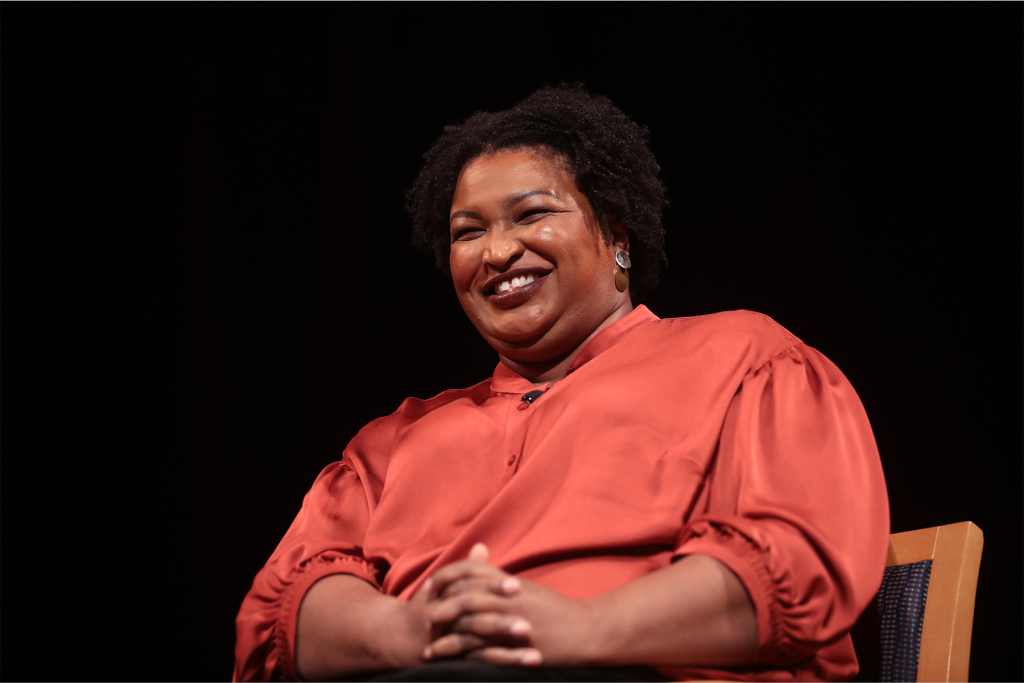
8. Stacey Abrams
It’s hard to imagine anyone more popular with the Democratic base than Stacey Abrams, and she’s made it no secret that she wants to be president one day. I would rank her much higher on this list if not for the fact that she’s in the middle of a run for governor in Georgia. Her campaign manager ruled out a 2024 run if she prevails in November. Of course, she could always change her mind, or she could lose the governor’s race. If she does run for president in 2024, she’ll face criticism about her lack of national experience, but not too long ago, voters sent a sub-one-term U.S. senator (Obama) to the White House, followed by someone who’d never held elected office (Trump). As David Axelrod famously cautioned, voters often look for candidates with a background and qualities that directly oppose the outgoing president’s. Carter was a trustworthy alternative to Nixon, Reagan was strength to Carter’s weakness, Clinton was youth to H.W. Bush and Reagan’s age, W. Bush was the “family values” solution to Clinton’s philandering… you get the picture. It’s hard to imagine a candidate who offers more contrast to Biden and Trump than Stacey Abrams.
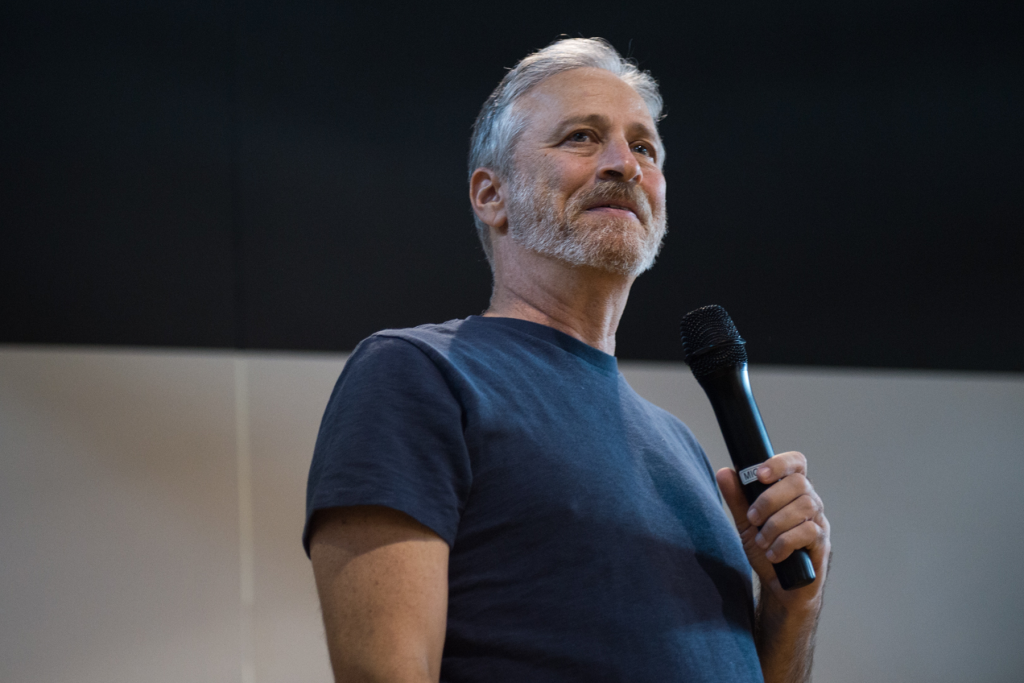
7. Jon Stewart
This entry is a placeholder for any dark-horse celebrity candidate, but I’ll highlight the most plausible of this group. At this year’s Mark Twain Awards ceremony, Stephen Colbert, Dave Chappelle, and Pete Davidson all raised the prospect of a Jon Stewart presidential campaign. A wave of speculative media coverage followed, including a lengthy Politico piece from a Republican strategist who argued the former Daily Show host may be the perfect candidate for our celebrity-obsessed political climate. When Kara Swisher asked Stewart this spring whether he’s thought about running, he responded, “Oh god, how could you not?” Then he shot the idea down later, tweeting, “Ummm . . . . No thank you.” Hardly a Shermanesque denial. The early days of primary campaigns are ruthless competitions for finite slivers of voter attention, and it’s not hard to imagine Stewart commanding a debate stage, owning the war of sound bites with humor and charm, and using his tremendous platform to drive a message. As a comedian who’s long been in the public eye, he would likely have a lot of off-color jokes to defend, but if Trump could overcome his past actions and comments, anyone can.
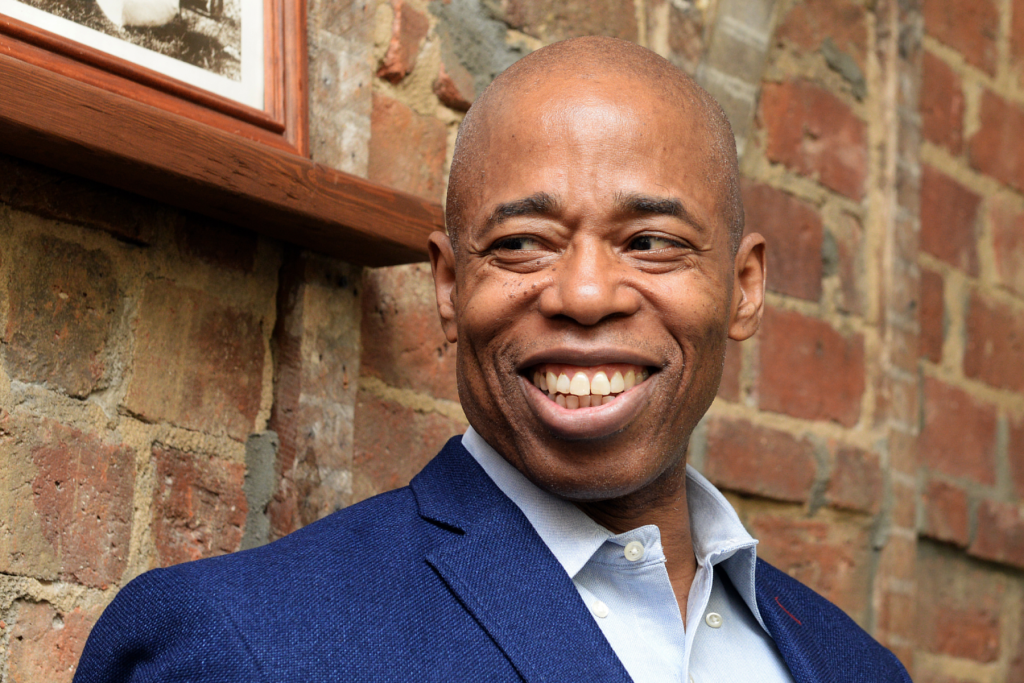
6. Eric Adams
The 2020 election reminded us that Black and Brown voters have diverse and often-complex views on policing, socialism, the size of government, so-called identity politics, education, and a host of other issues. No one better represents these (for lack of a better word) moderate voters more than New York City Mayor Eric Adams, who rode to victory on an eclectic coalition that included working-class voters from East New York to Staten Island. However, his more self-identified “progressive” opponents racked up votes in wealthy white neighborhoods, but these affluent enclaves weren’t enough to defeat Adams, just as Bernie and Warren weren’t able to cobble together coalitions to defeat Biden. This raises an interesting question: What does it mean to be progressive? We often confuse the term with whatever the New York Times-reading brownstone liberal thinks is good policy, but a massive group of voters is asking for something different. Their candidate could be Eric Adams. He’s a true enigma: a former cop, vegan(-ish), quote machine who is fully comfortable offending the blue check marks. Of course, his fate largely will depend on his ability to manage New York City effectively (and avoid scandal) over the next two years. But if he delivers sound governance to Gotham, he’ll emerge as a charismatic, stage-stealing, serious contender for the nod.
That’s enough premature speculation for one day. Stay tuned next week for my top five.
